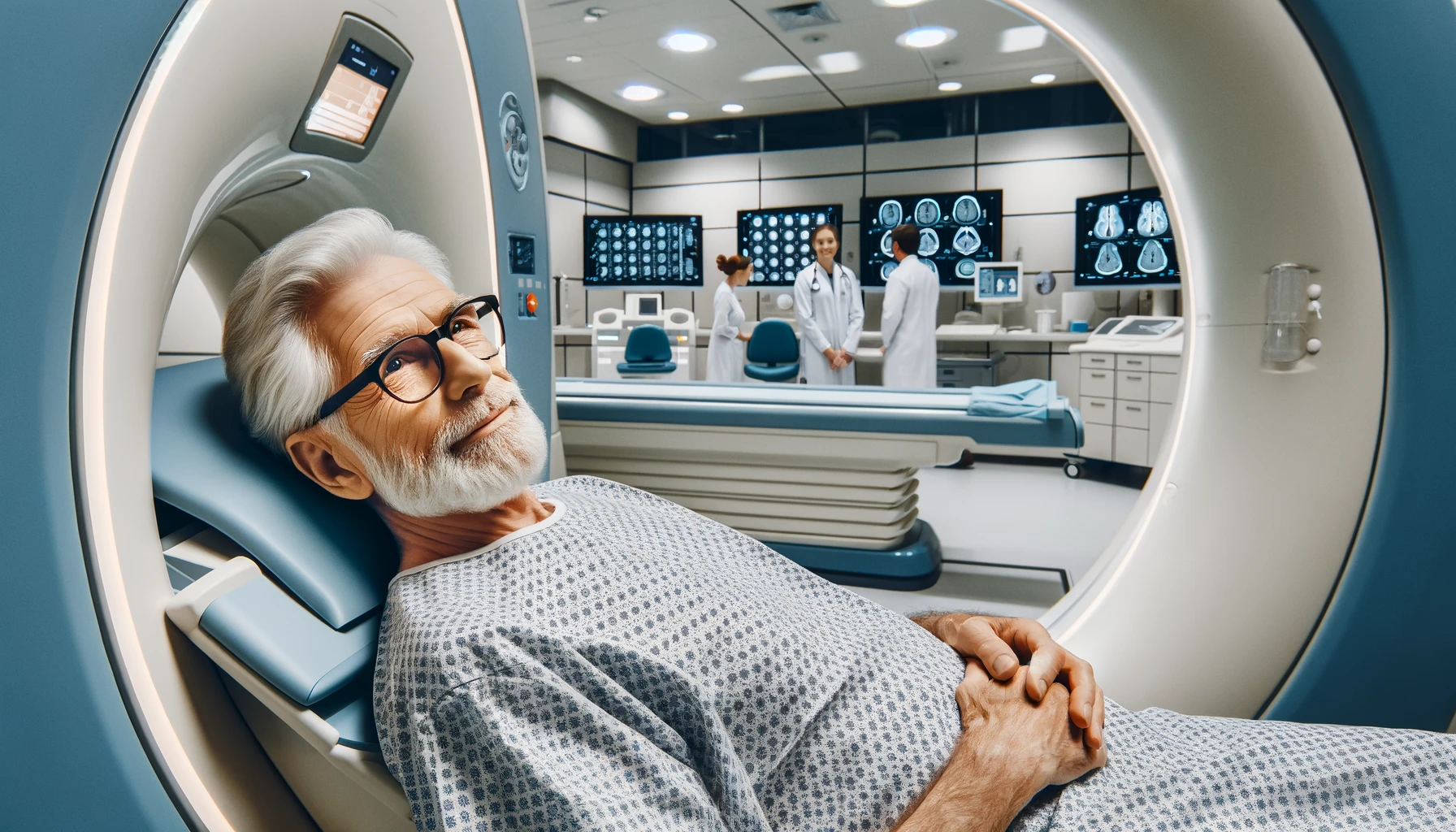
Understanding Colon Cancer
Kay
- 0
Colon cancer, also known as colorectal cancer, starts in the colon or rectum. It’s a type of cancer that affects the large intestine, which is the final part of your digestive tract. It’s like that uninvited guest who crashes the party and refuses to leave.
Types of Colon Cancer
Adenocarcinomas
The most common type of colon cancer is adenocarcinoma. This type starts in the mucus-producing glands of the colon and makes up about 95% of cases. Think of it as the usual suspect in a lineup.
Other Types
There are other, less common types of colon cancer, including carcinoid tumors, gastrointestinal stromal tumors (GISTs), and lymphomas. These are the rare, mysterious types you hear about but rarely see.
Symptoms of Colon Cancer
Early Signs
Early symptoms can be sneaky. They might include changes in bowel habits, such as diarrhoea or constipation, or a feeling that your bowel doesn’t empty completely. You might also notice blood in your stool or experience persistent abdominal discomfort. It’s like your body’s way of sending you an early warning signal.
Advanced Symptoms
As the disease progresses, symptoms become more noticeable. These can include unexplained weight loss, fatigue, and persistent cramps or pain. It’s like your body is turning up the volume on those early warning signals.
Causes and Risk Factors
Genetic Factors
Family History
If your family has a history of colon cancer, you might be more at risk. It’s like inheriting an old family heirloom, but in this case, it’s something you’d rather not keep.
Inherited Conditions
Certain inherited conditions, like Lynch syndrome and familial adenomatous polyposis (FAP), can increase your risk. These conditions are like a genetic hand-me-down that comes with an instruction manual you wish you didn’t need.
Lifestyle Factors
Diet and Nutrition
A diet high in red or processed meats can increase your risk of colon cancer. Think of it as too many barbeques and not enough salads. On the flip side, a diet rich in fruits, vegetables, and whole grains can lower your risk.
Physical Activity
Lack of exercise is another risk factor. Being a couch potato can be more harmful than you think. Regular physical activity helps keep your digestive system moving and can lower your risk.
Smoking and Alcohol
Smoking and heavy alcohol use are also linked to a higher risk of colon cancer. It’s like adding fuel to the fire. Cutting back or quitting can help reduce your risk significantly.
Diagnosis of Colon Cancer
Screening Tests
Colonoscopy
A colonoscopy is the most common screening test. It involves using a long, flexible tube with a camera to examine the inside of your colon. It’s not the most pleasant experience, but it’s essential for catching cancer early.
Fecal Occult Blood Test (FOBT)
The FOBT checks for hidden blood in your stool, which can be a sign of cancer. It’s a simple test that can be done at home and sent to the lab for analysis. Think of it as a detective looking for hidden clues.
Imaging Tests
CT Scans
CT scans provide detailed images of your colon and can help detect tumors. It’s like getting a high-definition snapshot of your insides.
MRI Scans
MRI scans use magnetic fields to produce detailed images of your colon. They’re particularly useful for examining soft tissues and can help determine the extent of the cancer.
Stages of Colon Cancer
Stage 0
At this stage, cancer is in its earliest form and hasn’t spread beyond the inner lining of the colon. It’s like catching a fire when it’s just a spark.
Stage I
Cancer has grown into the layers of the colon but hasn’t spread outside the colon wall. It’s still contained but starting to make its presence known.
Stage II
Cancer has grown through the wall of the colon but hasn’t reached nearby lymph nodes. It’s like a weed that’s starting to spread its roots.
Stage III
Cancer has spread to nearby lymph nodes but not to other parts of the body. It’s getting more aggressive and harder to contain.
Stage IV
Cancer has spread to other parts of the body, such as the liver or lungs. It’s like a wildfire that’s out of control.
Treatment Options
Surgery
Types of Surgery
Colectomy – removing the cancerous part of the colon or just the tumour
Local excision-the type of surgery depends on the stage and location of the cancer.
Chemotherapy
Chemotherapy uses drugs to kill cancer cells or stop them from growing. It’s like bringing out the big guns to fight cancer.
Radiation Therapy
Radiation therapy uses high-energy rays to target and kill cancer cells. It’s like using a laser beam to zap the cancer away.
Targeted Therapy
Targeted therapy uses drugs to target specific molecules involved in cancer growth. It’s a more precise approach, like a sniper taking out a specific target.
Prevention of Colon Cancer
Dietary Changes
Eating a healthy diet rich in fruits, vegetables, and whole grains can help lower your risk. It’s like fueling your body with the right kind of energy.
Regular Exercise
Staying active and exercising regularly can also reduce your risk. Think of it as keeping your body in good working order.
Regular Screenings
Regular screenings, such as colonoscopies, are crucial for early detection. It’s like a regular check-up for your colon to catch any problems early.
Living with Colon Cancer
Managing Side Effects
Treatment can come with side effects, such as fatigue, nausea, and hair loss. Managing these side effects is crucial for maintaining your quality of life.
Support Systems
Having a strong support system can make a big difference. Friends, family, and support groups can provide emotional and practical support.
Conclusion
Colon cancer can be a daunting diagnosis, but understanding the disease, its causes, symptoms, and treatment options can empower you to take control of your health. Regular screenings and a healthy lifestyle are your best defenses. Remember, early detection can save lives, so don’t put off that colonoscopy!
Frequently Asked Questions (FAQs)
1. What are the early warning signs of colon cancer?
Early signs include changes in bowel habits, blood in the stool, and persistent abdominal discomfort.
2. Can colon cancer be prevented?
While not all cases can be prevented, a healthy diet, regular exercise, and routine screenings can significantly reduce your risk.
3. How often should I get a colonoscopy?
It’s generally recommended to get a colonoscopy every 10 years starting at age 50, but those with higher risk factors may need them more frequently.
4. What are the survival rates for colon cancer?
Survival rates vary depending on the stage at diagnosis, but early detection significantly improves outcomes.
5. Are there any alternative treatments for colon cancer?
While conventional treatments like surgery, chemotherapy, and radiation are most common, some patients explore alternative therapies. Always discuss these options with your doctor.
LG K40 LG Velvet Samsung Galaxy Z Fold2 Samsung Galaxy S21 LG Velvet iPhone 11 iPhone 12 Pro Max iPhone SE Samsung Note 20 iPhone XR


